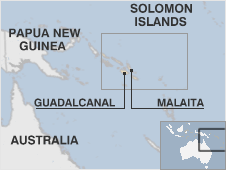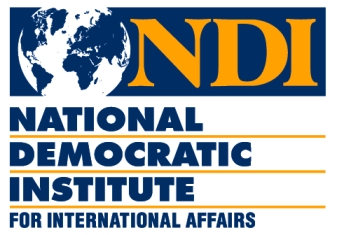In Nigeria, a study says, elections held last April brought the use of social media in the political field to new levels. UN Africa Renewal’s André-Michel Essoungou reports.
By André-Michel Essoungou
In 2008, then US presidential candidate Barack Obama broke new ground by using social media in ways never seen before. Yet it was Goodluck Jonathan, the recently elected president of Nigeria, who took the extraordinary step of announcing his bid for the highest office on Facebook. On Wednesday, 15 September 2010, he informed his 217,000-plus fans on the world’s most popular networking platform of his intent. Twenty four hours later, 4,000 more fans joined his page. By the day of the election, on 16 April 2011, he had over half a million followers.
Mr. Jonathan’s online campaign was only one illustration of the social media fever that gripped Africa’s most populous country (with around 150 million people) during its most recent presidential, parliamentary and local elections. A report by two researchers who helped track online traffic during the month-long polls argues that the country’s use of social media reached unprecedented levels.* “Nigeria set a new record for recent African elections in the number of reports tracked using social media,” it says. In addition to the approximately 3 million registered Nigerians on Facebook and 60,000 on Twitter, almost every institution involved in Nigeria’s elections conducted an aggressive social networking outreach, including the Independent National Electoral Commission (INEC), political parties, candidates, media houses, civil society groups and even the police.
The report notes that between 10 March and 16 April 2011, the electoral commission posted almost 4,000 tweets, many in response to voter queries. Using Twitter, commission officials at polling stations around the country also were able to communicate among themselves, and even confirmed the death of one of their members who had been attacked. “Twitter ultimately proved to be the most efficient way to interact with INEC,” the document authors report. The commission’s use of social media led to its website receiving a record 25 million hits in three days during the presidential election. “By using social media to inspire voters, the electoral commission has redefined elections in Nigeria,” analyzed Punch, the country’s most circulated newspaper.
The boom in use of social media during elections also helped the media expand their readerships. Shortly before the polls, the Daily Trust newspaper had 32,000 fans on Facebook. A few weeks later, the number had more than doubled to 65,000, placing its online reach beyond its print distribution of 50,000. To build up its fan base, the newspaper also used social media in its reporting. Journalists solicited and used questions from Facebook fans for interviews with the chairman of INEC. Since the elections, the Daily Trust has further increased its Facebook presence, with 95,000 fans by July 2011.
The online networking platforms reflected popular interest. Unsurprisingly, social media use reached its peak during the presidential election on 16 April. On that day, a total of 33,460 text messages and 130,426 posts on Twitter and Facebook were sent by some 65,000 voters.
The content was mixed, the authors point out. “Social media, especially Twitter, was used to report occurrences [of fraud] — truthful as well as fabricated.” Yet, they add, it played a mostly constructive role during the post-election violence by exposing unfounded rumours.
“Social media tools,” the report concludes, “revolutionized the efficiency of election observing by increasing coverage and reporting, while minimizing costs…. They changed how information was disseminated in Nigeria. Citizens accessed information directly and more accurately, resulting in unsurpassed participation in politics during the 2011 elections.”
That upbeat assessment, however, needs to be put in context: An estimated 70,000 people posted contents online during Nigeria’s polls, but they were just a tiny fraction of the registered 73 million voters. Still, a new trend appears to have begun.
___
Africa Renewal www.un.org/africarenewal















































